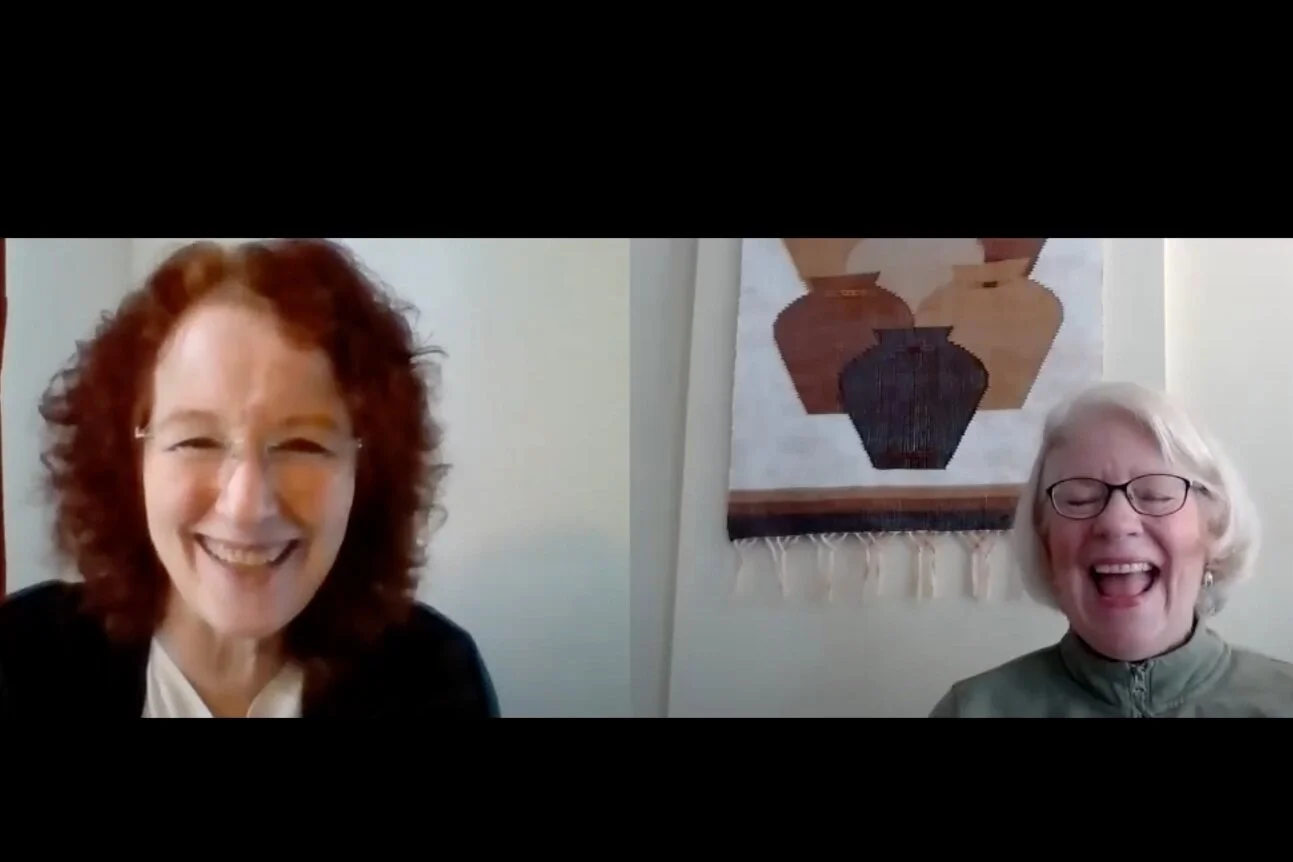Returning to a New Normal
A meal with extended family, hugs, playdates, going back to the office or school, these have been the stuff of dreams as we did our best to get safely through this last year. But with restrictions loosening and schools opening for in person learning we are now confronted with old expectations and new anxiety inducing realities in the uncharted educational waters surrounding schools and COVID.
Families are struggling to make hard choices about learning environments for their children by sifting through conflicting and rapidly changing information. The decision to continue remote learning or go back into the classroom is deeply personal for each family but there are strategies to help navigate the path to a new normal.
Tips for managing expectations:
Acknowledge the benefits of this past year: more time together as a family, self-motivated learning/ play, resilience, increased technical skills, emotional growth, acquiring new learning skills, no bullying. Ask: What did you like about this past year?
Acknowledging the downsides: financial changes, household changes, isolation, possible abuse, hunger, diminished/loss of skills, increased social anxiety, fear of leaving home, loss of loved ones. Ask: What did you dislike about this year?
Discuss/ prepare for possible changes: what physical/ environmental changes may look like, changes in acceptable classroom behaviors, changes in social relationships, maybe going to a new school or learning in different ways. Be very honest about which learning environment most nourishes your child and include them in these discussions.
Practice going into a new situation with a verbal or physical “rehearsal”. Address the issues that are known triggers for anxiety and work out several possible solutions or responses beforehand. Examples: “If you saw someone at school not wearing their mask what would you do?” Or “If you want to give your friend a hug what could you do instead?”
Be realistic about goals because setting your sights a little lower to ensure a positive outcome can pay big dividends in better self-esteem. Remember goals can always be revised upwards especially when you feel more confident about yourself. Examples: “ Wow, you really did a great job on those flashcards! Should we add a few more? Or “You finished that story really fast let’s try a longer one next time”.
Talk about strategies that might make changes/transitions easier for everyone. Do you need more time getting ready, sleep, cuddling, talking about the triggers of a new situation or maybe extra alone time with Mom/Dad. Tip: Discuss the differences between the old and new normal, sometimes the old wasn’t great it was just familiar and the new really is a better fit.
More information on Communication, Adjusting Perspective and Managing Expectations can be found in past blogs
For those who struggle with the Fight, Flight or Freeze startle (aka the Moro reflex) response, anxiety, sensory processing challenges or a poor Gravity/ Body Space sense change is daunting and can literally be physically uncomfortable. By using the movement-based activities of reflex integration and the methods of HANDLE to address developmental/ sensory issues, automatic reflex or environmental triggers the ability to tolerate change improves and anxiety lessens. As the connections between the brain and body become more efficient the body itself becomes a more comfortable place to live in. Then we can work on being mindful of the body’s cues for emotional awareness and calming techniques like breathing. When you can finally count on your body’s responses to new situations change isn’t nearly so scary!
Let’s acknowledge that much has changed and things may never be the same again. I know this one is hard, especially for those who hate transitions, but pretending this is temporary will only prolong the inevitable upset when the “old normal” does not magically reappear exactly the same as it used to be. Reassure your child, and yourself, that change is a part of life, a new normal is taking shape but that takes time and soon those adjustments will become familiar. Learning how to navigate change and understanding what you need to be comfortable during transitions is an important life skill for children and adults alike. For the families and educators managing the expectations for learning, classroom behavior, social interactions and renewed goals it will take patience, grace and some hard-won objectivity until the new becomes the ever elusive “normal”.
As always if you have any questions or concerns please reach out for a complimentary consultation and, remember, every body should be a comfortable place to live in.







